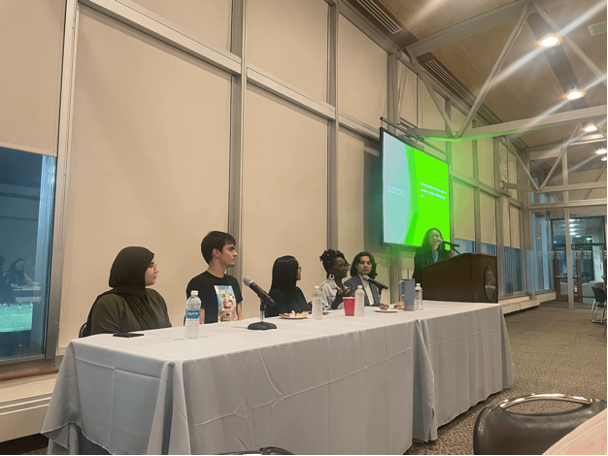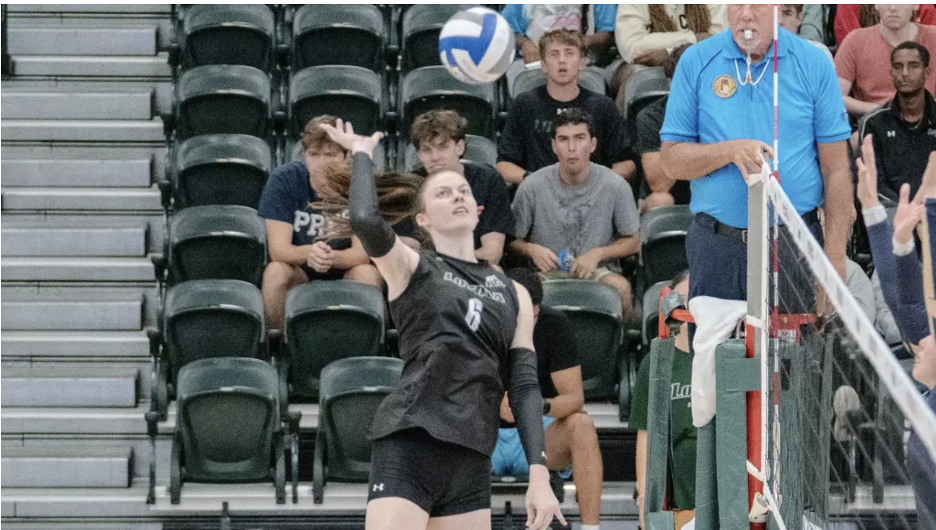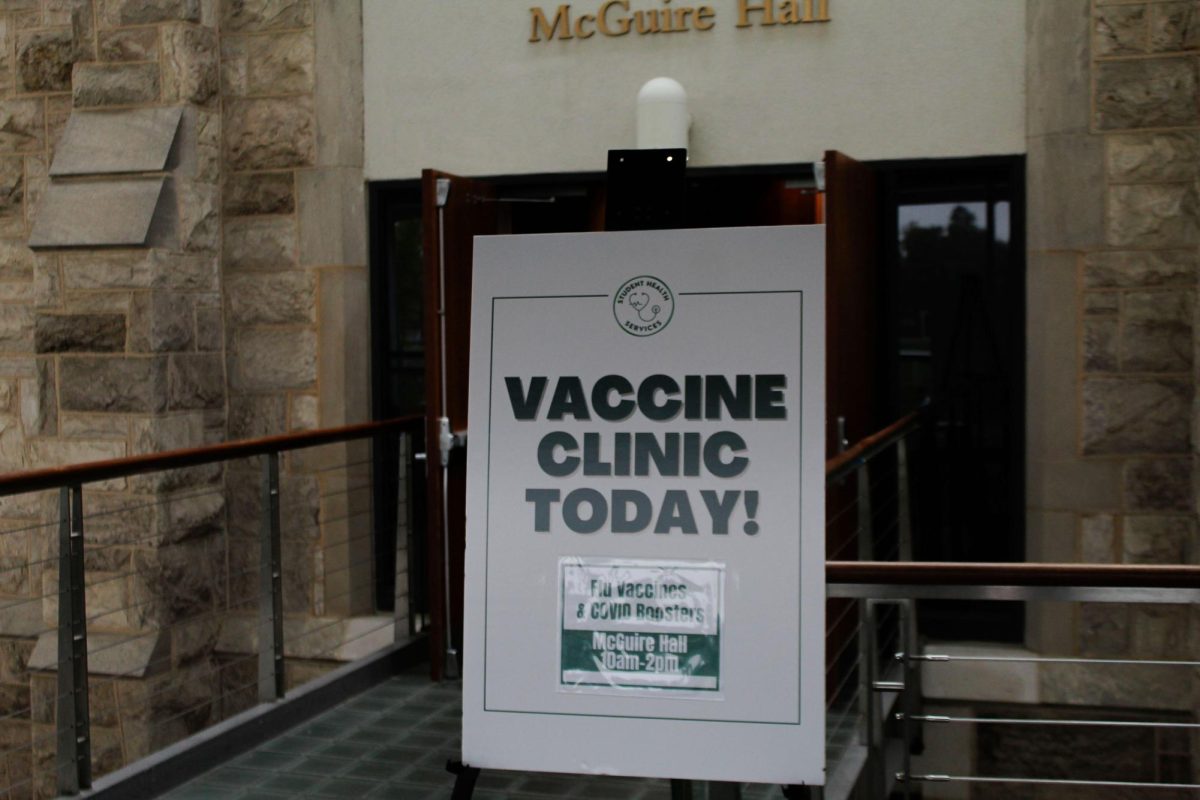Eighteen-year-old University of Virginia student Hannah Graham was missing for over a month when a body was discovered just outside of Charlottesville, Va., on Oct. 18. This past weekend, the remains were confirmed as Hannah’s, finally ending the search for the young woman.
Graham initially went missing in the wee hours of the morning on Sept. 13, after being separated from her friends during a night out. She last contacted the group when she sent a text to her friends just after 1 a.m., and around that time was seen leaving a bar with a much older man.
The man has been identified as Jesse Matthew, 32, whose face was plastered on “Wanted” posters in the area after the police began searching for him and he mysteriously disappeared. He was found in Texas days later and has been arrested and charged with abduction and intention to defile (meaning Matthew planned to sexually assault Graham). It is also possible that Matthew is linked to a rape and another murder, both of which took place in Virginia in the last ten years.
Charlottesville and the UVA community were hit hard by the loss of Graham. “I can tell the campus is really mourning,” said a Loyola alumnus who now attends graduate school at the university. “We had a vigil for her when she first went missing, and now they’ve set up a memorial for her on the campus. There are a lot of flowers and little notes for her there.” Graham’s parents stated that they were “devastated” by their daughter’s disappearance and death.
Beyond UVA’s campus, Hannah Graham has become a household name over the nearly six weeks since her disappearance that night in September. Many have been following the story closely. But each time a new piece of information comes out, I notice that the news article or video always starts off the same way: by recounting Graham’s night out, which she spent socializing and drinking.
I’ve probably seen the phrase “socializing and drinking” (or any iteration with the same meaning, for that matter) upwards of a dozen times now. This information is important in that it may have helped police by jogging the memory of people who saw her that night and could provide vital information about the hours before she was abducted. But it seems there is another reason why the media has focused so much attention on Graham’s itinerary that night—which included stopping at multiple parties before getting lost and ending up at the bar where she met and left with Matthew.
I cannot help but recall a recent Greyhound article, which warned students about the undeniable link between alcohol consumption and assault. Specifically, the article referred to the administration’s concern for the overconsumption of alcohol (often illegally, on York Road, with the use of a fake I.D.) and the recent sexual assaults that have taken place in Loyola’s residence halls.
It is definitely smart to advise college students, especially ones who are underage, against dangerous behaviors because of the terrifying and life-threatening things that can occur in such situations. I also recognize the scary truth that in Hannah Graham’s situation, and many others, alcohol played a large role in her death. However, as much as I dislike the popular “bar scene” at Loyola and want my fellow students to remain safe, I do not think this is the only way—or the most effective way—to go about preventing assault or rape.
What does it say about our society that we primarily warn potential victims about dangerous behaviors that can be conducive to such attacks? It’s well meaning, no doubt, but it should not be the only way we talk about these horrific events. We need to consider, for example, the fact that women are usually attacked by someone they know personally. We need to address the role of the attacker and not just the victim’s faults or lapses in judgment.
Obviously, I encourage Loyola students to do the things that keep us safe and heed common-sense advice, like staying with a friend or group throughout the night, and limiting the number of drinks you consume. However, I also feel that without more of an expansive approach to such issues, the country will nonetheless continue to be plagued by attacks like Graham’s and attackers like Matthew.







































































































